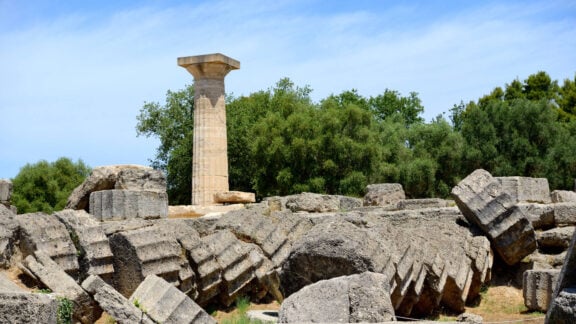Education Minister Anna Diamantopoulou last week drew a clear distinction between foreign colleges in Greece and regular universities, noting that the former would not be afforded the same status as the latter, despite the threat of huge fines from the European Commission if Greece fails to grant the same professional rights to graduates of foreign colleges and their counterparts at state universities.
“The recognition of professional rights [for foreign colleges] will not be automatic,” Diamantopoulou said as she unveiled her ministry’s program for lifelong learning, aimed at increasing the number of young people pursuing postgraduate studies in Greece.
“Professional organisations and the relevant state committee will have the right to ask [graduates] to pursue further studies or to gain some experience in our country before professional rights are granted,” the minister added.
The ministry’s program for lifelong learning sets out eight levels of professional qualification and boosts the role of the National Accreditation Center for Continuing Vocational Training (EKEPIS) which will henceforth grant licenses to private colleges, most of which have been set up in Greece as franchises of foreign universities.
Last November, Diamantopoulou upset the directors of private colleges with her decision to revoke 33 licenses, which would have permitted the operation of 40 private colleges, following doubts about the legality of the process by which they had been granted.
Meanwhile, directors of private colleges in Greece remain in limbo as the government has yet to pass reforms with provisions for the operation of these institutions.
According to college owner Manolis Amaryiannakis, “the ministry is taking a huge risk as it tries to satisfy state universities while violating basic principles of European law, such as the freedom of EU citizens to relocate and offer services in member states.”








